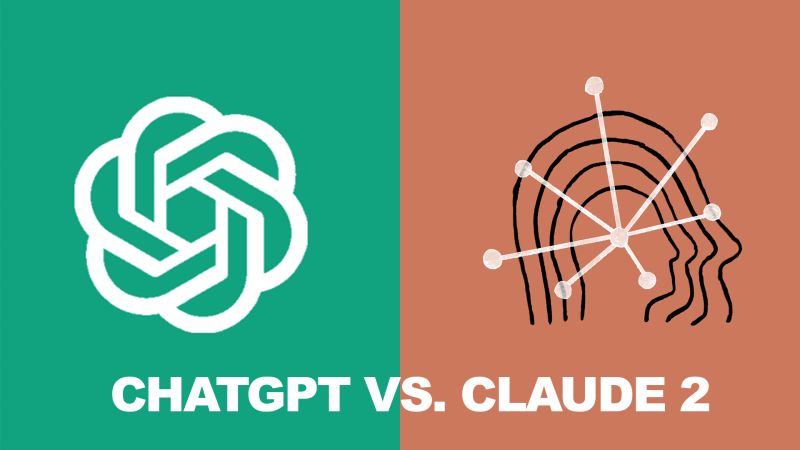Ethical AI: Balancing Innovation and Responsibility in 2024
As we move through 2024, artificial intelligence (AI) is driving unprecedented innovation across various sectors. This rapid advancement transforms industries and everyday life. However, it is crucial to address the ethical implications of AI. This post explores the concept of ethical AI, examines key challenges, and outlines strategies to balance innovation with responsibility.
Introduction to Ethical AI
What is Ethical AI?
Ethical AI involves designing and deploying artificial intelligence systems that adhere to moral principles and societal values. Consequently, it emphasizes fairness, transparency, accountability, and privacy in AI technologies. The goal is to ensure that AI’s impact is both positive and equitable. For instance, ethical AI aims to prevent biases that could lead to discrimination and safeguard user privacy.
As AI technologies become more integrated into daily life, their influence grows. They impact decision-making in sectors such as healthcare, finance, and criminal justice. Thus, addressing ethical issues is vital to building trust and maximizing AI’s benefits.
The Role of Ethics in AI Development
Ethics are integral in guiding the development of AI. They shape how algorithms are created and applied. Therefore, ethical principles help prevent biases in AI systems and ensure transparency in decision-making. Furthermore, they are essential for maintaining accountability, ensuring that AI systems operate in alignment with societal values.
Developers and organizations must integrate ethical guidelines throughout the AI lifecycle. This integration not only addresses potential risks but also fosters a responsible approach to innovation.
Key Ethical Challenges in AI

Bias and Fairness
One of the most pressing ethical challenges in AI is bias. AI systems often reflect biases present in their training data, leading to unfair outcomes. For example, facial recognition technologies have demonstrated racial and gender biases, raising concerns about their accuracy and fairness.
To mitigate these issues, it is essential to use diverse datasets and implement algorithms designed to detect and correct biases. Regular audits and updates are also crucial. Consequently, these measures ensure that AI systems operate fairly and do not perpetuate existing inequalities.
Privacy and Data Security
Privacy and data security are critical ethical concerns in AI. AI systems rely on vast amounts of personal data, which raises significant questions about data protection and user consent. Unauthorized access to or misuse of this data can lead to privacy breaches and security threats.
Organizations must adopt robust data protection measures. For instance, encryption and anonymization are key techniques. Additionally, complying with regulations like the General Data Protection Regulation (GDPR) and being transparent about data usage are essential steps to safeguard privacy.
Transparency and Accountability
Transparency in AI refers to the clarity with which the operations and decisions of AI systems are communicated to users. Without transparency, users may struggle to understand how decisions are made, leading to a lack of trust. Moreover, accountability means that organizations are responsible for the outcomes of their AI systems.
Therefore, developers should focus on creating explainable AI models that provide clear explanations for their decisions. Establishing accountability frameworks is also important. This approach addresses issues and ensures that AI technologies are used responsibly.
Balancing Innovation with Responsibility
Implementing Ethical Guidelines
Balancing innovation with responsibility involves implementing ethical guidelines throughout the AI development process. This includes developing comprehensive frameworks that cover various ethical aspects, such as data management and algorithmic transparency. Furthermore, conducting regular impact assessments and engaging with stakeholders can guide the ethical deployment of AI technologies.
By integrating ethical considerations from the outset, organizations can drive innovation while minimizing risks and enhancing societal benefits.
Case Studies of Responsible AI Practices
Several organizations exemplify how to balance innovation with ethical considerations. For instance, IBM has established principles for ethical AI, focusing on fairness, transparency, and accountability. Their initiatives include bias detection tools and ethical training programs.
Similarly, Google’s AI Principles emphasize safety, fairness, and societal impact. These principles guide their AI development and deployment, ensuring that technologies align with ethical standards.
Future Trends in Ethical AI
As AI technology evolves, new trends in ethical AI are emerging. One trend is the increasing focus on regulatory frameworks and industry standards that address ethical concerns. Consequently, governments and organizations are developing guidelines to ensure responsible AI development and usage.
Another trend is the rise of AI ethics education and training. Educational programs are incorporating ethical considerations into AI curricula, preparing future professionals to navigate ethical challenges and develop responsible solutions.
Strategies for Ensuring Ethical AI
Developing Ethical AI Frameworks
Developing ethical AI frameworks involves setting standards and guidelines for responsible AI development. These frameworks should address fairness, transparency, and accountability. Additionally, they should provide practical recommendations for implementation. Mechanisms for monitoring and evaluating AI systems are also crucial to ensure ongoing compliance with ethical principles.
Engaging Stakeholders in Ethical AI
Engaging various stakeholders in the AI development process is essential for ethical practices. Involving users, regulatory bodies, and advocacy groups helps identify potential ethical issues early and fosters collaborative solutions. Stakeholder input is crucial for developing responsible AI technologies.
Continuous Monitoring and Evaluation
Ensuring ethical AI requires continuous monitoring and evaluation. Implementing regular audits and feedback loops helps assess the performance and impact of AI systems. Ongoing evaluation ensures that AI technologies remain aligned with societal values and legal requirements.

Conclusion
Balancing innovation and responsibility in AI is more crucial than ever in 2024. By addressing ethical challenges such as bias, privacy, and transparency, and implementing effective strategies, we can harness AI’s benefits while mitigating risks. Ethical AI fosters trust and accountability, ensuring that technological advancements contribute positively to society.














Post Comment